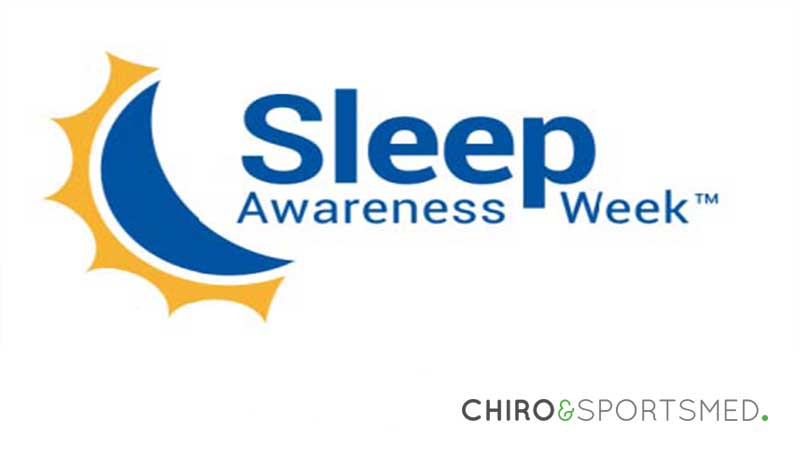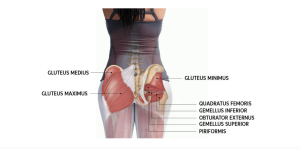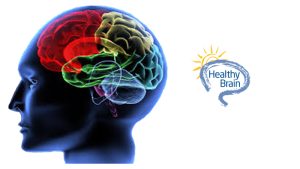1 – 7 October is Sleep Awareness Week. It’s hard to imagine this but by the time we reach the age of 80, we would have probably spent about 28 of those years asleep. But why do we sleep?
Sleep is an important part of your daily routine as you spend about one-third of your time doing it. Quality sleep and getting enough of it at the right times is as essential to survival as food and water. Without sleep, you can’t form or maintain the pathways in your brain that let you learn and create new memories, and it’s harder to concentrate and respond quickly.
Sleep Awareness Week – how much sleep do we need?
As we age our sleep patterns change. There is no magic number of hours that work for everybody of the same age. Babies initially sleep as much as 16 to 18 per day, which may boost growth and development. School-age children and teens on average need about 9.5 hours of sleep per night. Most adults need 7-9 hours of sleep per night. After age 60, sleep tends to be shorter, lighter, and interrupted by multiple awakenings.
Caffeine and sleep
During this Sleep Awareness Week, the Sleep Health Foundation is turning its attention to the role of caffeine in our society. The question they are asking is could caffeine be masking a sleep disorder?
While there is a great deal of pleasure and positivity around the drinking of caffeine, it does affect the brain and behaviour. We can find caffeine in many different drinks and foods including tea, coffee, chocolate, energy drinks, and some medications.
If you are desperate for shots of caffeine during the day you might have a sleep disorder. This might be sleep apnea, where breathing is paused during sleep and you are unaware that this is making sleep light and fragmented. Also, high caffeine consumption too close to bed may be reducing the quality of your sleep making you tired the next day, needing lots of jolts of caffeine to stay alert.
Sleep Awareness Week – Effects of caffeine on sleep
Caffeine is a well-known stimulant, so it can help us feel alert during the day. However, could the increased intake of caffeine be correlated with increased sleepiness? Too much caffeine can make sleeping more difficult leading potentially to insomnia. Daytime symptoms of sleep apnea such as sleepiness and reduced concentration may be masked by caffeine. Restless legs syndrome, which can prevent sleep at night, maybe made worse by caffeine and alcohol.
High doses of caffeine can make it hard to fall asleep. Some people are more sensitive to caffeine and it’s effects on sleep quality than others. Use caffeine cautiously if you are sensitive to it and as a general rule avoid it in the evening.
Caffeine promotes alertness as it inhibits the chemicals in the brain that promote sleep. It’s absorbed into our bloodstream rapidly reaching peak levels with 30-70 minutes. The effects of caffeine can last between 3 to 7 hours but may take up to 24 hours to fully remove caffeine from the body.
Sleep Awareness week – Tips for getting a good night’s sleep
Getting enough sleep is good for your health. Here are a few tips to improve your sleep:
- Set a schedule and go to bed and wake up at the same time each day.
- Exercise 20 to 30 minutes a day but no later than a few hours before going to bed.
- Avoid caffeine and nicotine late in the day and alcoholic drinks before bed.
- Relax before bed – try a warm bath, reading, or another relaxing routine.
- Create a room for sleep – avoid bright lights and loud sounds, keep the room at a comfortable temperature, and don’t watch TV or have a computer in your bedroom.
- Don’t lie in bed awake. If you can’t sleep do something else like reading or listen to music until you feel tired.
- Try to see a health professional if you feel unusually tired during the day.
Everyone needs sleep, but its biological purpose remains a mystery. Recent findings suggest that sleep plays a housekeeping role that removes toxins in your brain that build up while you are awake. Sleep is a complex and dynamic process that affects how you function in ways scientists are now beginning to understand. So during sleep awareness week try these tips for a good night’s sleep.
Chiro & Sports Med
Our chiropractors at Chiro & Sports Med are committed to providing chiropractic solutions to address your unique needs. Whether you are experiencing an irritated nerve, bulging disc, back pain, neck pain, knee pain, headaches, or even muscular tightness and tension. You may be searching for pain relief after an accident or experiencing an injury. Our mission is to help reduce or eliminate pain and to prevent future problems and injury. Above all, we are here to improve your quality of life, well-being, and your ability to live an active healthy lifestyle.
If you would like to make an appointment with one of the chiropractors at Chiro & Sports Med simply call our office on 9817 2005 and one of our friendly staff will organise an appointment for you.





